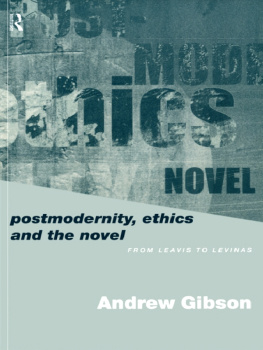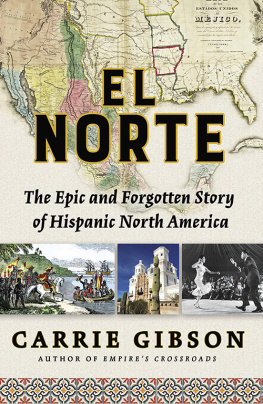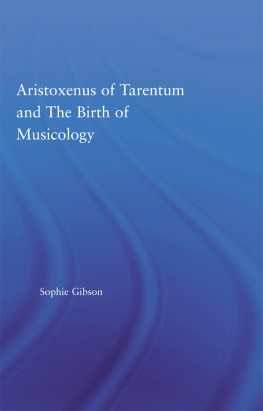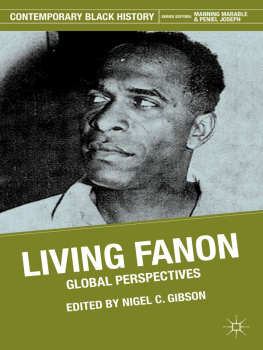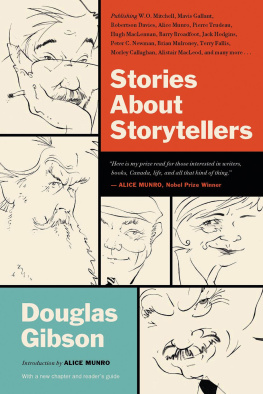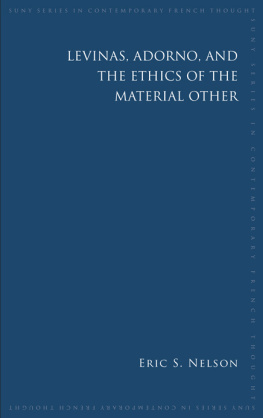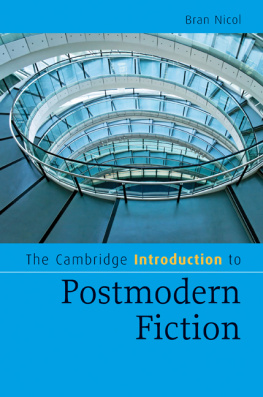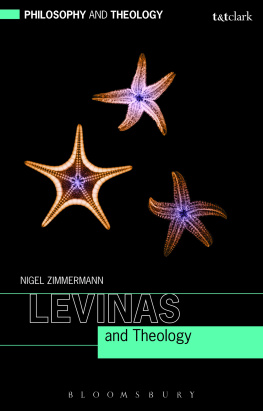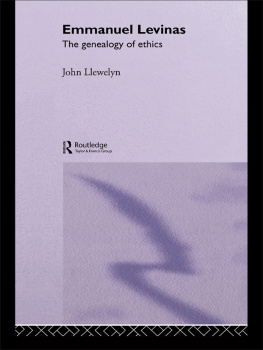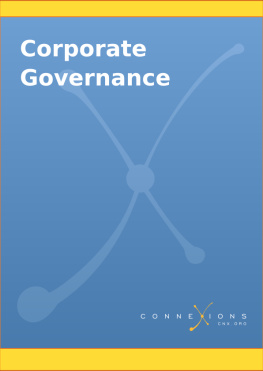Until the late 1960s, a concern with the morality of fiction was central to Anglo-American theory and criticism of the novel. In recent years, however, there has been a marked decline in this tradition, for which the rise of literary theory has often been blamed.
In this accessible and ground-breaking study, Andrew Gibson resists the latter accusation. Taking the philosophy of Emmanuel Levinas as a starting point, he draws on a range of contemporary theorists to argue that an ethics of fiction is currently emerging out of literary theory itself.
This edition published in the Taylor & Francis e-Library, 2001.
All rights reserved. No part of this book may be reprinted or reproduced or utilised in any form or by any electronic, mechanical, or other means, now known or hereafter invented, including photocopying and recording, or in any information storage or retrieval system, without permission in writing from the publishers.
ACKNOWLEDGEMENTS
Many friends and colleagues helped me greatly with this book, often more or in more obscure ways than perhaps they realized or than I was able to tell them at the time. I am particularly grateful to my colleague Robert Eaglestone, whose knowledge of Levinas more expert than my own was invaluable to me; who read much of the book, and provided me with a fund of useful comments and suggestions. I am also very grateful to others who found time to read and offered such illuminating responses to individual chapters: Alain Badiou, Steve Connor, Drucilla Cornell, Simon Critchley, Tom Docherty, Jonathan Dollimore, Patricia Duncker, Elaine Ho, Nick Royle and Yoshiki Tajiri. Many other people gave me needed advice or helped in conversation or in other ways, including Laura Chrisman, Martin Dzelzainis, Peter Hallward, Robert Hampson, Eddie Hughes, Luce Irigaray, Betty Jay, Laura Marcus, Jamie Russell and Kiernan Ryan.
Parts of this book were first given as papers at the twenty-first International Conference of the Joseph Conrad Society (UK) at the University of Kent, 1995; at the third ESSE Conference, University of Glasgow, 1995; to the Samuel Beckett postgraduate seminar, University of Reading, 199698; to the Graduate Colloquium in English at the University of Sussex, 1996; at the Literature and Ethics conference at the University of Aberystwyth, 1996; at the conference on Contesting Conservatism: Jane Austen and the Ethics of Modernity at the London University Centre for English Studies, 1996; to the graduate seminar at the Institut dEtudes Anglaises et Nord-Amricaines, Universit de Paris-Sorbonne IV, 1996; to the English department postgraduate seminar at University College London, 1997; to the research seminar in English at the University of Kent, 1997; and to the research seminar in the English Department at Royal Holloway, 1998. I am grateful to Hugh Epstein, Monika Fludernik, John Pilling, Ian Littlewood, Tony Inglis, Dominic Rainsford, Tim Woods, Andrew Hadfield, Mary Evans, Franois Gallix, Ren Weis, Tim Armstrong and others who made these presentations possible; and to all those whose responses to and questions about what I had to say were so useful to the development of the book, especially Richard Brown, Wolfgang Wicht, Janet Montefiore, Judith Hawley and John Deamer. My thanks, too, to Talia Rogers, Jason Arthur, Caroline Cautley and Elizabeth Jones at Routledge for their zest, enthusiasm and commitment to and hard work on this project.
ABBREVIATIONS
Works by Levinas
Except where listed here or cited in notes, all translations from Levinass and other French texts are my own.
ATAltrit et transcendance (Paris: Fata Morgana, 1995)
AVLau-del du verset (Paris: Minuit, 1982)
CPPCollected Philosophical Papers, tr. Alphonso Lingis (Dordrecht: Kluwer, 1993)
DEDe lvasion (Paris: Fata Morgana, 1982)
DFDifficult Freedom, tr. San Hand (London: Athlone, 1990)
DLDifficile libert: essais sur le judasme (Paris: Albin Michel, 1976)
DVDe Dieu qui vient lide (Paris: Vrin, 1982)
EDEEn dcouvrant lexistence avec Husserl et Heidegger (Paris: Vrin, 1987)
EEExistence and Existents, tr. Alphonso Lingis (Dordrecht: Kluwer, 1988)
ENEntre nous (Paris: Grasset, 1991)
HAHHumanisme de lautre homme (Paris: Fata Morgana, 1972)
IHLes imprvus de lhistoire (Paris: Fata Morgana, 1994)
LCLibert et commandement (Paris: Fata Morgana, 1994)
LRThe Levinas Reader, ed. San Hand (Oxford: Blackwell, 1989)
MTLa mort et le temps (Paris: LHerne, 1991)
NLTNouvelles lectures talmudiques (Paris: Minuit, 1996)
NPNoms propres (Paris: Fata Morgana, 1976)
OBOtherwise than Being or Beyond Essence, tr. Alphonso Lingis (The Hague: Martinus Nijhoff, 1981)
OSOutside the Subject, tr. Michael B. Smith (London: Athlone, 1993)
QLTQuatre lectures talmudiques (Paris: Minuit, 1968)
SMBSur Maurice Blanchot (Paris: Fata Morgana, 1975)
SSDu sacr au saint (Paris: Minuit, 1977)
TeITotalit et infini (The Hague: Martinus Nijhoff, 1961)
TITotality and Infinity, tr. Alphonso Lingis (Pittsburgh: Duquesne University Press, 1969)
TIHPThe Theory of Intuition in Husserls Phenomenology, tr. Andr Orianne (Evanston: Northwestern University Press, 1995)
TOTime and the Other (and Additional Essays), tr. with an introd. by Richard A. Cohen (Pittsburgh: Duquesne University Press, 1987)
INTRODUCTION
It is time to go back to Leavis. To start a book on the novel in such a way is to court yawns of boredom or disbelief, wry smiles, ironical jeers. It is also a distinctly unpromising way of beginning a book with the subtitle

